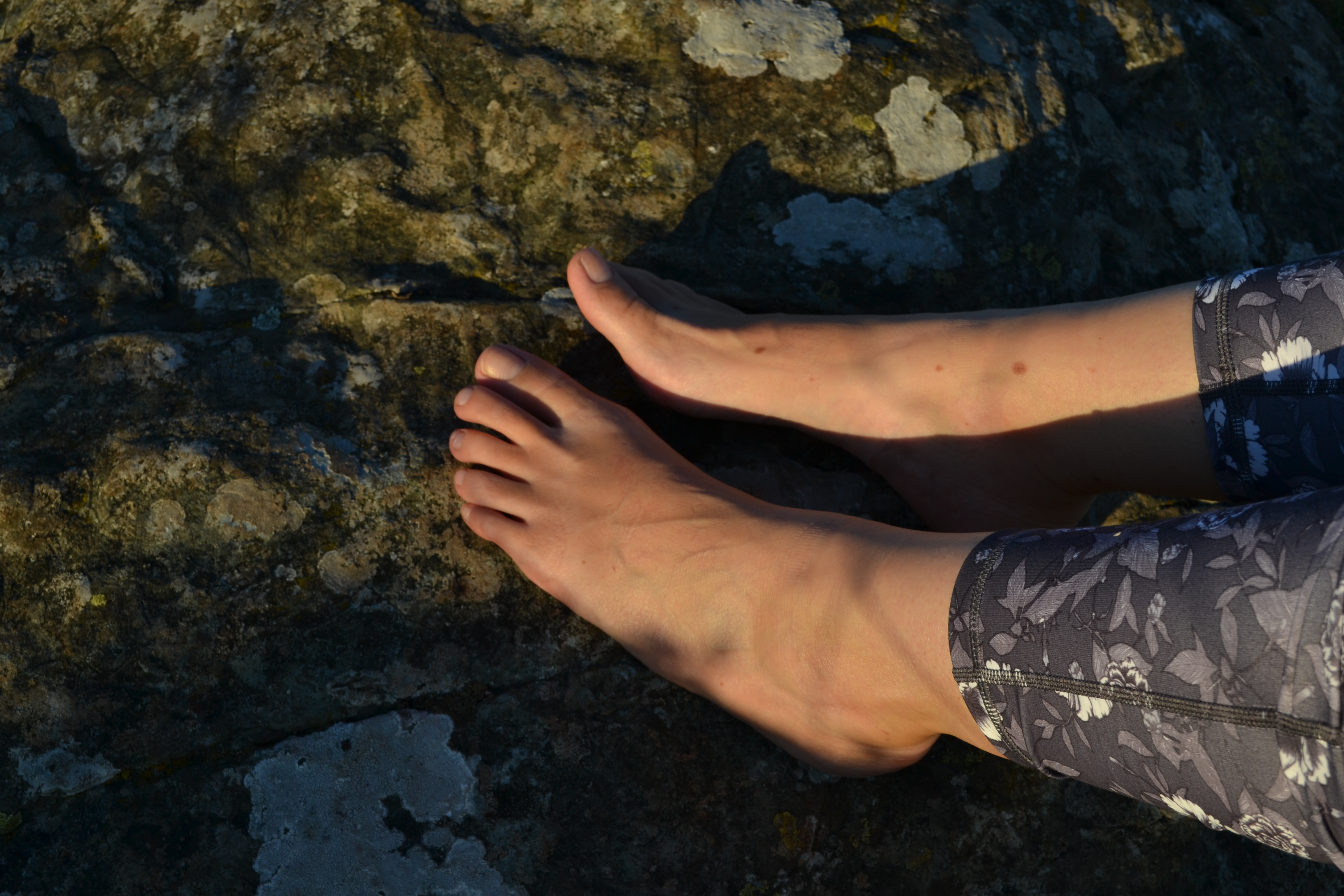Fungal Nail Infection: Onychomycosis
Nail conditions can be due to fungal infection or trauma caused to the nail bed or a combination of both. Pathological nails can arise any age. About half of all nail disorders are of infectious origin, 15% are due to inflammatory or metabolic conditions, and 5% are due to malignancies and pigment disturbances. If you are suffering from a nail condition and want to consider how to manage them in the short and long term, it is advised that a visit to South Devon Foot Clinic is your next step.
Fungal Nail Infections
Onychomycosis is a fungal nail infection caused by dermatophytes, non-dermatophytes and yeast. Onychomycosis if the most common form of nail disorder seen in clinical practice. Some people find them uncomfortable or painful and some people just manage with them but this need not be the case. A full assessment and diagnosis can be undertaken by South Devon Foot Clinic together with treatment options.
Clinical Presentation
Tinea Unguium is the fungus (dermatophyte) responsible for the majority of nail infections. Tinea pedis (Athletes Foot) usually goes hand in hand or rather foot in foot with nail disorders. Classic presentation of fungal nails is discoloured, thickened, crumbling, splintering, painful nail bed and or sides to the nail. However, the infection may be due to yeast or bacteria too, so an assessment and diagnosis from a HCPC registered Podiatrist is advisable.
Treatment Options
There are various different approaches to dealing with fungal nail infection with consideration given to bacterial and yeast infections possibly being present at the same time. There are systemic options such as Terbinafine however a course of such can be hard on our internal organs and can only be considered for those who have no other underlying conditions such as diabetes, to add success rates are uncommon (approx. 69%). Itraconazole is also an option however due to drug interactions is prescribed with extreme caution.
Topical therapy is the best to approach for fungal nail infection management however they fail to penetrate to the nail bed so debridement or fenestration of the nail is required during application. Products include Lamsil or imidazole antifungals such as clotrimazole, econazole nitrate, ketaconazole and miconazol.
Short and Long Term Management of Fungal Nail Infections
The key to dealing with fungal nail infections, whether a new presentation or a long term condition is to seek professional advice and guidance from a HCPC registered Podiatrist where the correct diagnosis can be provided and a targeted treatment plan discussed. South Devon Foot Clinic has proven results with fungal nail treatments however it is to be noted that results are not immediate due to the nature of the site of the fungus.





